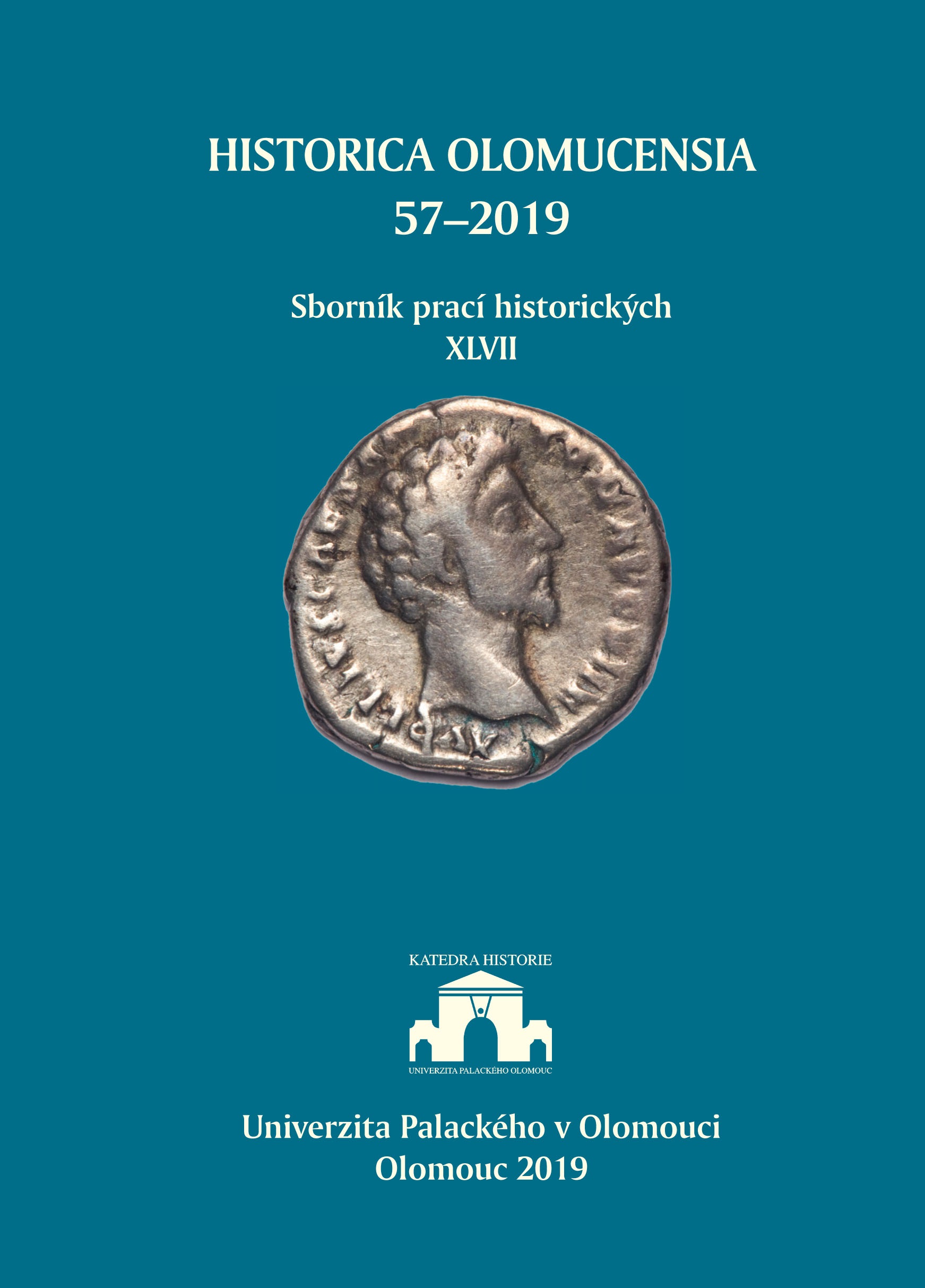Hannoversko a jeho role v britské obchodní politice v německém spolku v první polovině 19. století (od Vídeňského kongresu do zániku personální unie)
State of Hannover and its Role in the British Economic Policy in the German Union in the First Half of the 19th Century
Author(s): Jan RampasSubject(s): History, 19th Century
Published by: Univerzita Palackého v Olomouci
Keywords: Hannover; Great Britain; Prussia; Zollverein; Steierverein; personal union;
Summary/Abstract: The work deals with the British economic politics towards the German Confederation from the end of the Napoleonic wars until the 1850s with a focus on the British relationship towards Zollverein. The Hannover kingdom was a common mediator in the given period. It was, until the year 1837, connected to the Great Britain by one ruler in a personal union and later on, it had a close relationship with Britain due to the family ties and similar economic interests. The main reason was, nevertheless, the Hanoverian fear of the neighbouring Prussia. The cooperation between Britain and Hannover was responsible for the creation of Mitteldeutscher Handelsverein and especially Steuerverein, which united pro-Britain states in northern Germany. Britain was active in the cooperation with German states through the provision of economic advantages, which was important for Hannover as well. The declining importance of Steuerverein after the year 1841 and the increase of nationalism in Germany lead to the union of the members into Zollverein through a secretly negotiated agreement in 1851. This event seriously restricted the ability of Britain to influence the economic politics in the German region, but its traditional cooperation with Hannover as well.
Journal: Historica Olomucensia. Sborník prací historických
- Issue Year: XLVII/2019
- Issue No: 57
- Page Range: 89-101
- Page Count: 13
- Language: Czech

